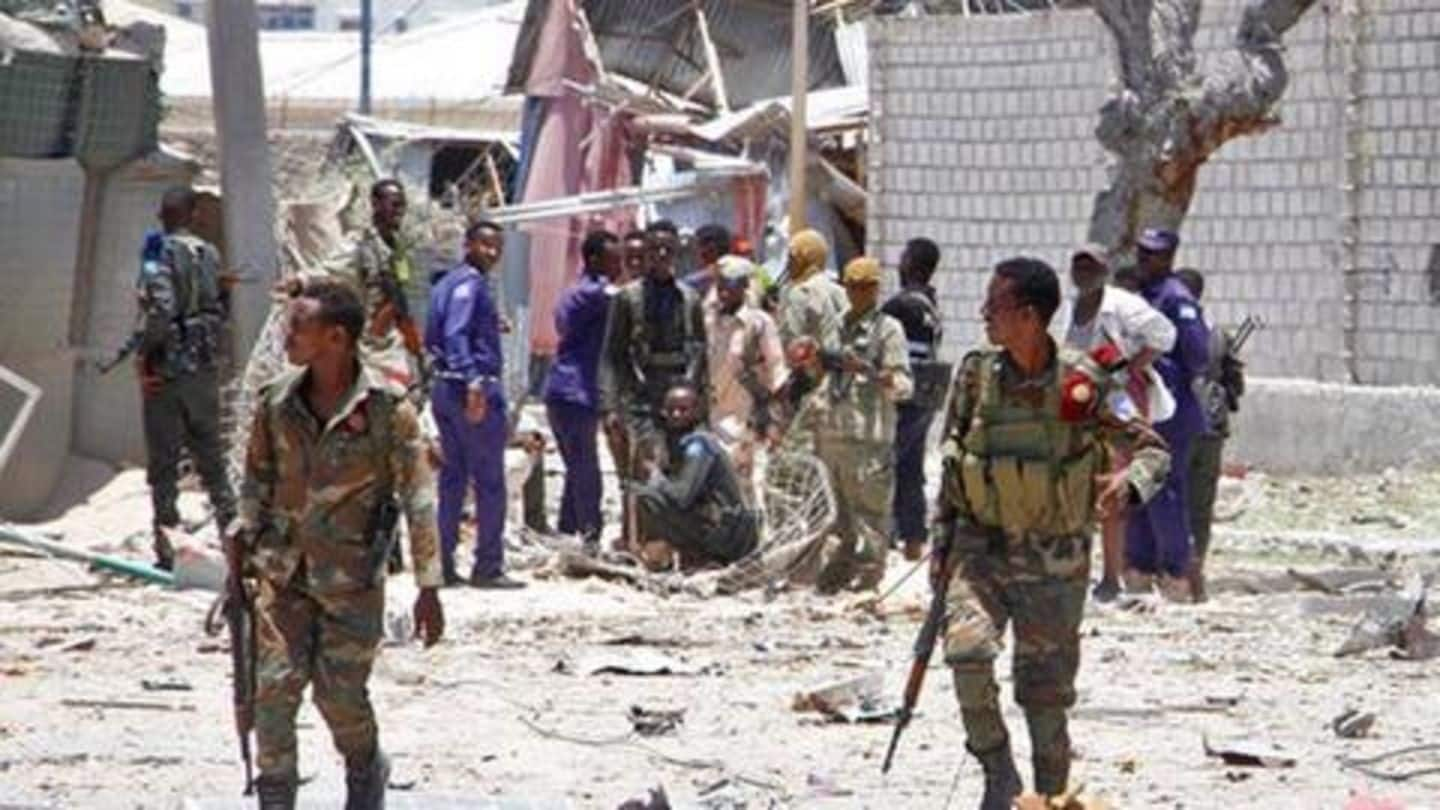
115 reported dead after militia attack on central Malian village
What's the story
Militia fighters descended on a village in central Mali before dawn Saturday, killing at least 115 people in the latest deadly attack blamed on an ethnic militia, local authorities said.
The massacre in the village of Ogossogou left the village chief and his grandchildren dead in the ethnic Peulh community, said a local official who received detailed accounts from the remote area.
Here's more.
Victims
Victims included pregnant women, children and elderly: Peulh group's president
The victims "included pregnant women, young children and the elderly," according to Abdoul Aziz Diallo, president of a Peulh group known as Tabital Pulaaku.
It was not immediately possible to independently corroborate the toll given by those in contact with survivors from the Peulh village.
The UN mission in Mali confirmed reports of an attack but gave no figures.
Attackers
Dan Na Ambassagou militants blamed for attacks over past year
Militants from a Dogon group known as Dan Na Ambassagou have been blamed for scores of attacks over the past year, according to Human Rights Watch.
The umbrella group comprises a number of self-defense groups from the Dogon villages among others.
The growing prominence of Islamic extremists in central Mali since 2015 has unraveled relations between the Dogon and Peulh communities.
Warning
Militia killings of civilians spiraling out of control: HRW
Members of the Dogon group accuse the Peulhs of supporting these jihadists linked to terror groups in the country's north and beyond.
Peulhs have, in turn, accused the Dogon of supporting the Malian army in its effort to stamp out extremism.
In December, Human Rights Watch had warned that "militia killings of civilians in central and northern Mali are spiraling out of control".
About
Dogon Country once used to draw tourists from Europe
HRW said that Dan Na Ambassagou and its leader had been linked to many of the atrocities and called for Malian authorities to prosecute the perpetrators.
Mali's Dogon Country with its world-renowned traditional art once drew tourists from Europe and beyond who hiked through the region's villages with local guides.
The region has been destabilized in recent years along with much of central Mali.